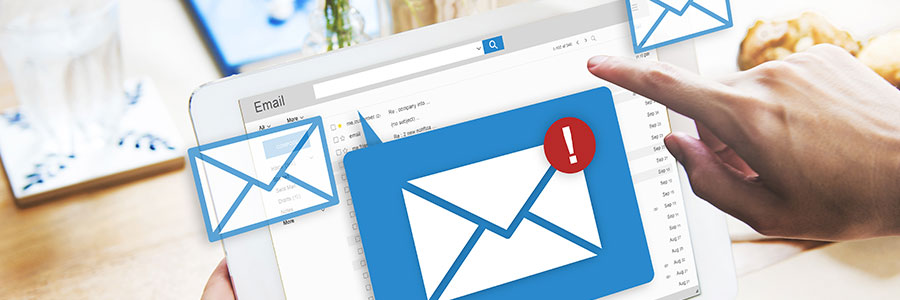Building a rapport with customers has never been easier with customer relationship management (CRM) software. You can track contact information, buying preferences, and sales patterns. It’s a must-have for all sales and marketing teams. But if this is the first time you’re using CRM software, try adopting the following best practices.
Google launches new Backup and Sync app

For many businesses, applications like Google Drive are heaven-sent. They make managing files and photos much easier and safer than manually saving them in external disk drives. That said, backing up all files remains a burden to those who have files stored on several devices and can’t seem to transfer these files onto Google Drive or any other cloud platform.
Automate mundane emails to get more done

If you have ever received what looked like a personalized email from a huge corporation, there’s a good chance it was actually written with the help of an email automation platform. Email automation saves time and money while strengthening customer relationships, and contrary to popular belief, it is well within most SMB budgets.
Microsoft Power BI and Office 365 analytics
Hurricane season DR tips
How to defend against WannaCry

The WannaCry ransomware, a type of malware that encrypts a victim’s files and extorts them for money, has already affected thousands of machines worldwide. Unfortunately, the success of this attack is just the beginning. According to security researchers, other hackers will probably develop stronger WannaCry variants in the coming months.
Ugly websites cost your business big time

We are taught never to judge a book by its cover. But in this superficial age, looks are everything, especially for websites. Your website is a customer’s first impression of your business, and if your site has poor graphics, illegible content, and other website no-no’s, that could end all chances of establishing a relationship and driving revenue.
Why you need to back up your mobile devices

It makes a lot of sense for electronics firms to pack a variety of functions into mobile devices and expand their usefulness. Instead of confining their use to communications, companies such as Apple, Samsung, and others have turned mobile phones into mini-computers that can serve as a substitute for your laptop, or as a storage device.





